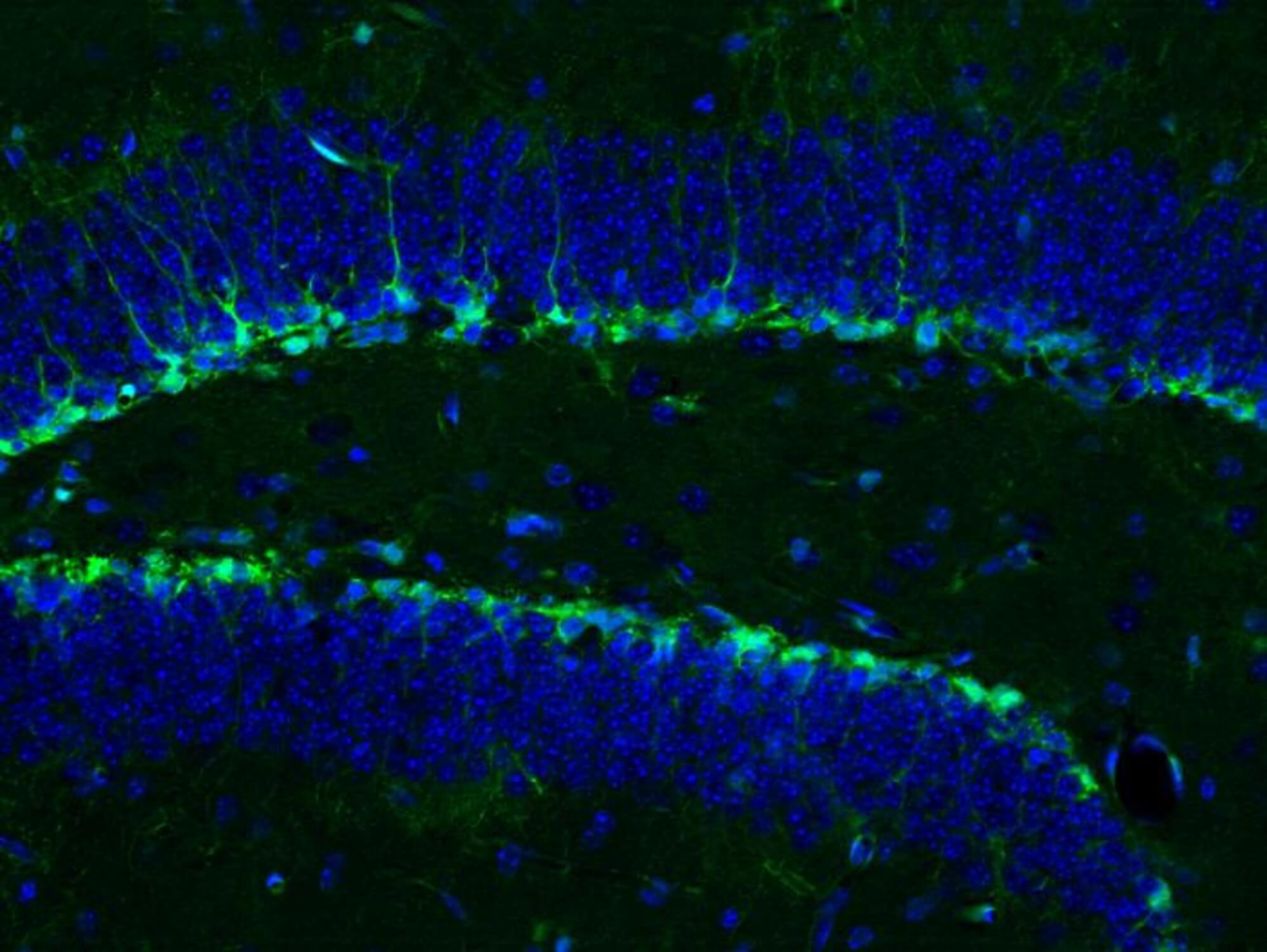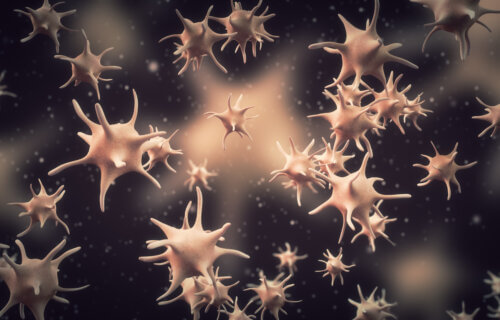QUEENSLAND, Australia — A promising discovery in the realm of brain health could lead to breakthrough treatments. Researchers from Australia have found that an injection of a particular blood factor can mirror the brain benefits that usually come from intense exercise.
University of Queensland scientists focused their study on platelets, tiny blood cells essential for clotting. They found that these platelets secrete a protein rejuvenating neurons in elderly mice in a manner akin to exercise.
“We know exercise increases production of new neurons in the hippocampus, the part of the brain important for learning and memory, but the mechanism hasn’t been clear,” says Dr. Odette Leiter, from the Queensland Brain Institute, in a university release. “Our previous research has shown platelets are involved, but this study shows platelets are actually required for this effect in the aged mice.”

Delving deeper, the team looked into exerkines — biological compounds that flood the bloodstream during physical activity and are thought to prompt the brain’s exercise-induced response.
“We discovered that the exerkine CXCL4/Platelet factor 4 or PF4, which is released from platelets after exercise, results in regenerative and cognitive improvements when injected into aged mice,” notes Dr. Leiter.
This could lead to significant advancements in drug-based interventions.
“For a lot of people with health conditions, mobility issues or of advanced age, exercise isn’t possible, so pharmacological intervention is an important area of research,” explains Dr. Tara Walker, also from the Queensland Brain Institute. “We can now target platelets to promote neurogenesis, enhance cognition and counteract age-related cognitive decline.”
Looking ahead, the team intends to examine the response in mice with Alzheimer’s disease, paving the way for potential human trials.
“It’s important to note this is not a replacement for exercise,” says Dr. Walker. “But it could help the very elderly or someone who has had a brain injury or stroke to improve cognition.”
The study is published in the journal Nature Communications.
You might also be interested in:
- Just 3 months of regular, mild exercise enhances brain health in older adults
- Simple blood test pinpoints Alzheimer’s risk by tracking star-shaped brain cells
- 2 blood proteins may hold the secret to living longer

